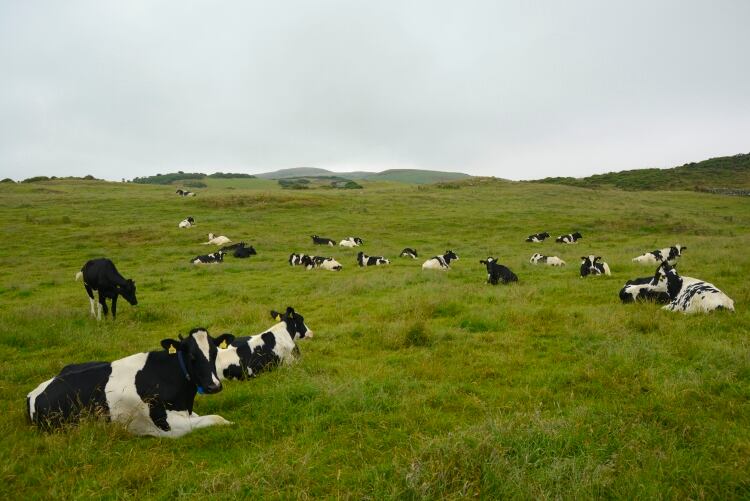Roberts said, “It’s absolutely clear that whether it’s milk, cheese, butter or yogurt, the British public still love and value dairy with 98% of households regularly buying dairy products that are nutritious and produced safely to high standards of animal welfare and environmental protection.
“If Brexit is about putting the British brand around the world – then the UK dairy sector can deliver that.
“But it needs the right investment and trading environment. Top of the list must be ensuring a free and frictionless trade deal with the EU. Alongside this, a future trade policy that doesn’t allow imports of dairy products produced to standards that would be illegal to produce here.”
Roberts said the alternative of trading on World Trade Organization (WTO) rules would be a damaging threat, meaning UK dairy farmers would face higher fees on exports, as much as 48% on butter and 57% of cheddar cheese.
“With the UK dairy sector exporting 3.2bn liters of products to the EU, it’s essential we secure a deal with the EU or face costs in the region of £500m.
“Where last year was dominated by uncertainty for the dairy sector particularly in the liquid milk market, which has seen big implications for dairy farmers, such as those affected by the Tomlinson’s closure, 2020 offers more optimism.
“We need government to back British farming like never before and put in place the right policies so dairy businesses can continue doing what they do best – providing great tasting, traceable and affordable food for the nation.”

